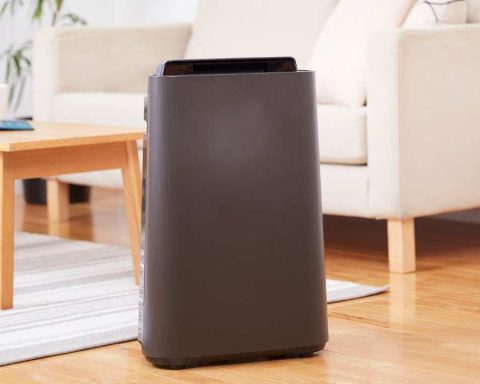
If reading this, there a good chance you’re probably wondering; do eggs have gluten? Well, eggs are natural gluten free. However, eggs are often at a high risk for cross-contact due to how they are preparedi.e. Scrambled or fried. This is mostly the case in restaurants since eggs are often cooked on large, commercial griddles or in a pan that may have been used to also prepare gluten-containing foods.
Moreover, forks, spatulas, and other utensils have touched gluten also immensely increase the possibility of cross-contamination and would be enough to cause a person with celiac disease to have a reaction. And if a restaurant is also making muffins, pancakes, or anything containing wheat flour, barley or rye, there is an additional risk for cross-contact.
In this regard, you must learn to exercise caution when eating eggs at restaurants that are widely known to also prepare gluten-containing foods. If possible, you need to ask your server specific questions regarding how they will be prepared, or ask if you can watch the food being cooked. For those who are fond of eating at home and taking the normal precautions for cross-contact, there should be little to no risk.
So, how do you go about gluten free cooking with eggs? Well, it is worth mentioning that eggs are a liquid ingredient. If converting a recipe and want to use absorbent free flour, you may have to increase the number of goods.
To make your baked goods lighter, be sure to separate the eggs and blend the yolks with the flour then beat the whites and fold them into the batter. When frying eggs, use low heat to avoid browning the edges and making the egg tough. Since is unless you like the browned edges, of course.
As we conclude, you should always be mindful of using egg substitutes in gluten-free baking. That’s because some recipes work better than others, especially when replacing more than one egg. If you are trying to avoid eggs altogether, it may be a perfect idea to start with a vegan gluten free recipe than to try making substitutions.























